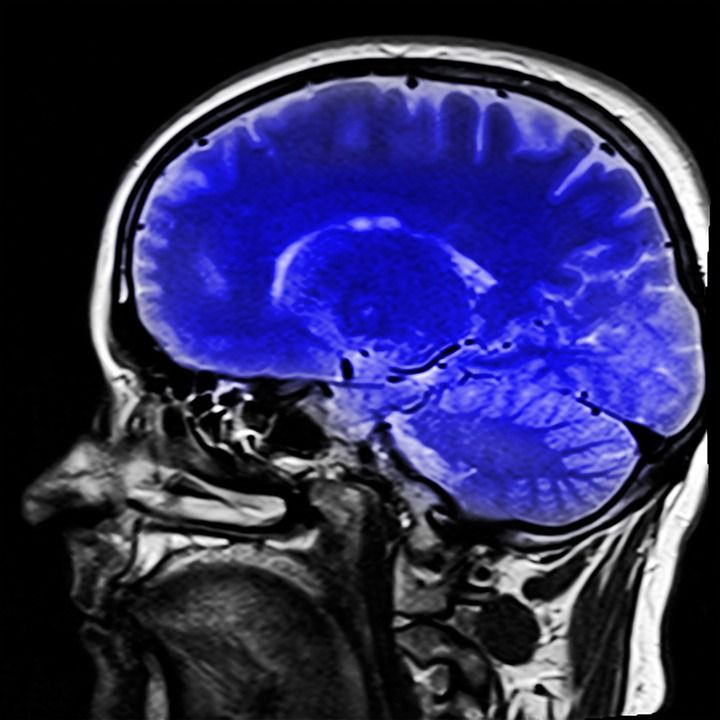Preliminary medical studies of patients hospitalized with Covid-19 could have neurological complications resulting in stroke, inflammation, psychosis and symptoms similar to dementia. The study which was published in The Lancet Psychiatry journal showed data collected from 125 cases across the UK between April 2 and April 26.
Researchers focused mainly on severe cases where findings showed the most common brain complication was stroke. This was seen in 77 out of 125 patients who were mostly aged over 60. The patients were found to have mostly suffered a blood clot in the brain also called an ischemic stroke.
From the sample case study, 39 of the patients also manifested signs of confusion as well as notable changes in behavior similar to that of an altered mental state. Nine of them were found to have unspecified brain dysfunction or encephalopathy while seven had brain inflammation also known as encephalitis.
The team’s co-lead researcher Benedict Michael, from Liverpool University, said the findings of the group’s study is an important step to defining the real effect of Covid-19 on the brain. He emphasized the need for detailed studies to be able to further understand its biological mechanisms and eventually have the edge to explore potential effective treatments.
An article from the Harvard Gazette said researchers from Massachusetts General Hospital (MGH) used a specialized magnetic resonance technique where they found Covid-19 patients with neurological symptoms showed the same metabolic disturbances in the brain as those who suffered oxygen deprivation brought on by other medical causes.
Their report in the American Journal of Neuroradiology stated Covid-19 patients displayed notable differences which distinguishes characterized neurological symptoms of the coronavirus. These ranged from the common temporary loss of smell, dizziness, confusion, seizures and stroke.
Eva-Maria Ratai, an investigator in the Department of Radiology and senior author of the study said:
“Moving forward, we are also interested in understanding the long-term lingering effects of COVID-19, including headaches, fatigue, and cognitive impairment. So-called ‘brain fog’ and other impairments that have been found to persist long after the acute phase”.
A study posted in the New England Journal of Medicine headed by Julie Helms M.D., Ph.D., also revealed the intense neurological impacts of Covid-19 where some patients suffered viral fatigue, severe depression and delirium even after being released from the hospital.
As the medical industry is locked in a race for the most effective vaccine, researchers continue to delve deep into the virus in a bid to curb the long-term neurological havoc it can bring. While Covid-19 patients with lung failure can be hooked on a respirator and kidneys can be rescued with a dialysis machine -- sadly, there is no dialysis machine for the brain.

© 2025 Latin Times. All rights reserved. Do not reproduce without permission.



